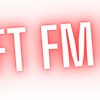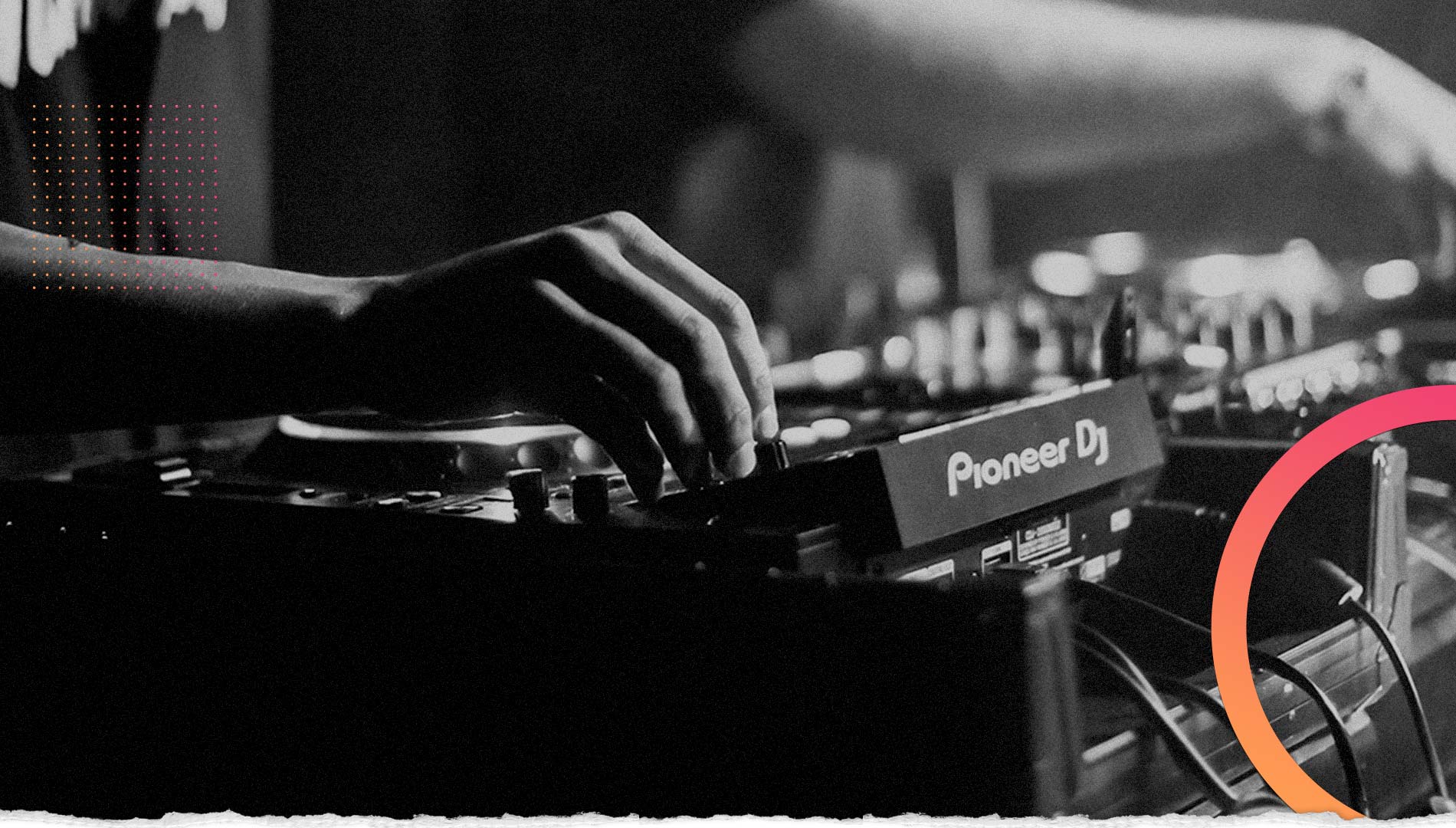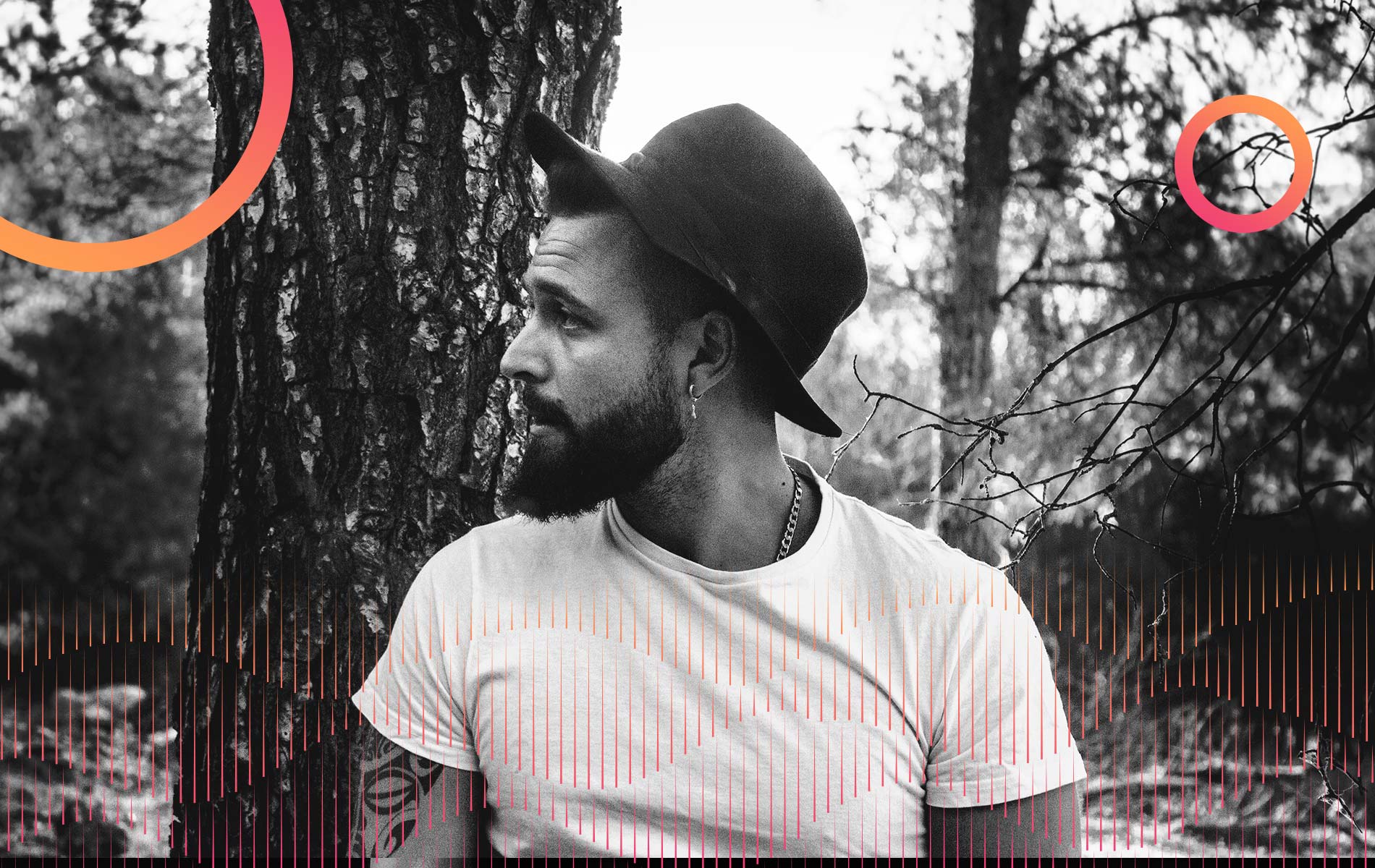Listeners:
Top listeners:
-
 play_arrow
play_arrow
Electromusic FM RADIO ONLINE 24/7
-
 play_arrow
play_arrow
London Calling Podcast Yana Bolder

This music gathering looks a little different compared to its music festival compatriots.
Onlookers won’t find attendees adorned with multicolored glow sticks, balloons bouncing around the crowd, or confetti that finds its way into crevices and sticks to the bottom of shoes. In fact, the only glitter to be found is biodegradable.
WinterWonderGrass, known for its stringed music genres, local brews and spirits, enjoyed in scenic winter wonderlands, also diverts over 70% of its materials away from landfills.
It’s something each participant can raise their reusable cup to—cradled in their mittened hand.
Leading by example
Festival goers sport these reusable cups as regularly as scarves, beanies, and gloves in the snow laden Olympic Valley at the annual event.
Vendor bars will happily fill the commemorative cups with each holders’ choice of beverage, from an IPA to a pale ale. Everyone better remember their token cup each day, since single use plastics, including cups, are banned from the event.
But rest assured, if anyone forgets, the festival has compostable cups for back up.
WWG supplies the commemorative cups with each ticket purchased and it’s just one way the annual festival reaches the earth friendly diversion rate.
With 4,000 attendees on average, that’s at least 4,000 plastic cups that won’t go to the landfill.
Keeping items out of the landfill is something organizers take seriously. It’s demonstrated by the ban on single-use plastics, as well as other practices.
These practices include asking the public to bring their own reusable water bottles for them to utilize at refill stations. But they don’t stop there, they also ask attendees to bring their own coffee mugs, cutlery, napkins, plates, and bowls.
The list of banned items is even longer:
- single-use plastics
- glow sticks
- inflatables
- balloons
- glitter (unless biodegradable)
- stickers
- flyers
- confetti
- styrofoam
Founder Scotty Stoughton says they don’t leverage their sustainability by greenwashing their marketing for attention. They want to instead lead by example.
“We actually dig in,” Stoughton says, “and do the work first, and let the people see us do it.”
From the green team helping sort attendee’s waste at every trash and recycle location, to the list of banned items posted on their website, their effort is readily visible.

But there’s also an element that goes beyond what the eye can see. The festival hires a sustainability consultation team months before the event. It’s this team that puts together an earth conscious plan. The masterminds behind it are those at the woman owned sustainable living company, Minimal Impact.
Owner of Minimal Impact, Virginia Hammock, says their plan starts with a tour of the region’s landfill and recycle facilities. This provides them with the information they need to educate vendors and the WWG team on products purchased and also exactly how to sort waste items on site at the festival.
“One of the misnomers about recycle is it’s different everywhere,” Hammock says, “so for us to really execute our job in the best manner that we can, we really need to have an understanding of exactly what goes where and how it gets recycled.”
The organization then guides the WWG team and counsels all vendors for the event.
Each vendor signs what Stoughton refers to as a green document, wherein they agree to only use WWG’s approved earth friendly materials for the event, including marketing materials and menus.
Hammock often recommends bars serve cans to customers, since aluminum is infinitely recyclable, she says.
Another piece to their plan is their green team, mentioned above, that Hammocks says are the boots on the ground. In addition to assisting with the sorting sites to keep compost and recyclables contamination free, they also hand out color coded bags to vendors for different waste items. Blue bags are for recyclables and green bags are for compost.
Following the festival, the these boots on the ground take a walk and clean up. Hammock calls it micro-sweeping, where they pick up trash, including items as small as zip ties and glitter.
“Trash is one of those things that always gets overlooked,” Hammock says, “but we as individuals can really make an impact and a difference if we just take the time and energy to help the people who are trying to do better.”
Some of those individuals are volunteers that come back year after year to help the green team. She says she hires about 70% of the green team locally and brings in supervisors from her company, but a significant portion of it is volunteer based.
At the end of the event, Hammock asks waste removal companies to weigh the separated categories of items, so she has the exact numbers for diversion rates.
Hammock says the WWG team’s dedication to the environment makes her job easier.
“It really is the best feeling in the world,” she says, “when you find a collaborative partnership who cares as much as you do.”
It’s a partnership whose work pays off with a 72% diversion rate. For a comparison, the national average of municipal solid waste diversion via recycling and compost in 2018 was 32.1%, according to the United States Environmental Protection Agency.
Organizers say they often see event goers taking part in cleaning up the trash, inspired by the team’s example. At the end of each event, everyone has an opportunity to pitch in when Stoughton gets on the microphone and asks all 4,000 attendees to help out the green team.
“And not demand it,” he says, “and not shame people for not doing it.” Many are usually happy to help.
WWG was a few years old in 2015 when founder Stroughton, stood in a worn out parking lot below the Palisades tram. He was struck by the area’s majesty and declared it as the site for a new WWG location. The bluegrass festival came to Tahoe the following year.
He says Tahoe has since become a second home to them and inspired stewardship.
“It’s important for us to be leaving a positive impact,” he says, “because we want to return.”
A conscious investment
The reusable cups and environmental team aren’t cheap. Stoughtan says they put roughly $10 from every ticket purchased towards the effort.
It adds up to almost $50,000, “which is a ton of money,” he says, “for a tiny festival.”
As for the cost of passes, early bird general admission tickets for the three day festival are going for about $250 and people are willing to pay. The event almost always sells out.
Stoughtan says potential attendees are all the more willing to pay when they see WWG’s intention of keeping the festival clean for everyone and the earth. They can feel good about their purchase.
“People really appreciate that we care so much,” he says, “it makes them understand who we are and love to come on site.”
A part of the success is in catering to like minded people.
“First and foremost, we’re environmentalists,” Stoughton says, “We all live and play and work in the mountains. We all travel around the world and spend time in the oceans. We hike peaks, and we live in the forests, and we camp, and we paddle rivers.”
Stoughton equates going to a sustainable festival to the feeling of walking into a recently cleaned house, exclaiming “awe, zen,” as he described how that element changes the experience for festival goers who care about the earth as much as they do. It’s a stark difference to a messy house eliciting anxiety.
Their conscious investment in caring for the environment makes the festival goer feel better, he says.

A multidimensional experience
The organizers’ sustainability effort dovetails into the overall culture of the event.
“It’s not a festival, it’s not a party, its not a one time thing to go and just go rage,” Stoughton says, they aren’t providing a one-dimensional experience, “we set out to create a culture and build a community.”
He says their goal is to inspire people, not just when they are there listening to the music, but when they go back home to their communities.
They’re trying to create a lasting impression on society that nurtures the collective conscious, “It’s medicine,” he says.
It’s a medicine they’d like to pass down to the next generation. Listed in bubble font among the colorfully illustrated map of each WWG event is a kid zone.
The festival dedicates an area just to kids with activities, including daily face painting and hula hooping. Stoughton says incorporating kids in the experience and being an example for them in environmental stewardship is a part of the festival.
“Let the kids in the kids zone watch our team recycle on the ground,” he says, “for us, that’s inspiring the next generation.”
‘Keep walking the talk’
From their reusable cups to their green team, founder Stroughton says their 72% diversion rate is top class. With each new event, he says, “our goal is to keep walking the talk.”
He acknowledges it’s impossible to be perfect and that is okay. They continue to make tweaks, but ultimately, they’re proud of hitting that number.
One tweak currently in the making are reusable taster cups for their daily three hour tastings. The festival currently uses compostable cups, but with the help of a sponsor, they hope to provide taster cups in the future that everyone can bring back for the next day’s sampling.
All these decisions and tweaks are aimed at leaving a legacy for the WWG team.
“We have a really small time to be on this planet, so your opportunity is to impact it in a positive manner, or impact it in a way that’s not going to leave any type of legacy,” Stoughton says, “we certainly choose the former.”
WWG takes the Palisades Tahoe stage April 5 – 7, 2024. Tickets can be purchased on their website.
For a taste of the music lineup, WWG has compiled a Spotify playlist, called Road to WonderGrass: California.
Written by: Soft FM Radio Staff
Cup Festival music Raising reusable Sustainability
Similar posts
Electro Music Newsletter
Don't miss a beat
Sign up for the latest electronic news and special deals
EMAIL ADDRESS*
By signing up, you understand and agree that your data will be collected and used subject to our Privacy Policy and Terms of Use.
Podcast episodes
 Invalid license, for more info click here
Invalid license, for more info click here
Copy rights Soft FM Radio.




